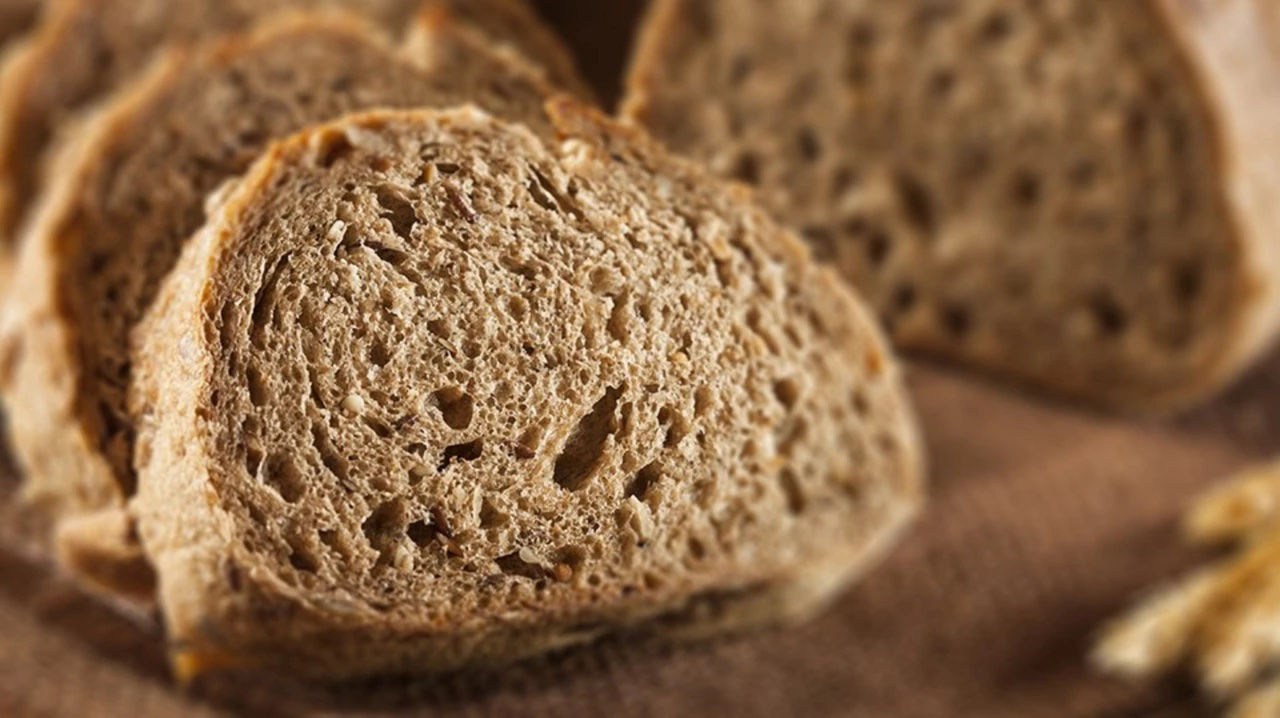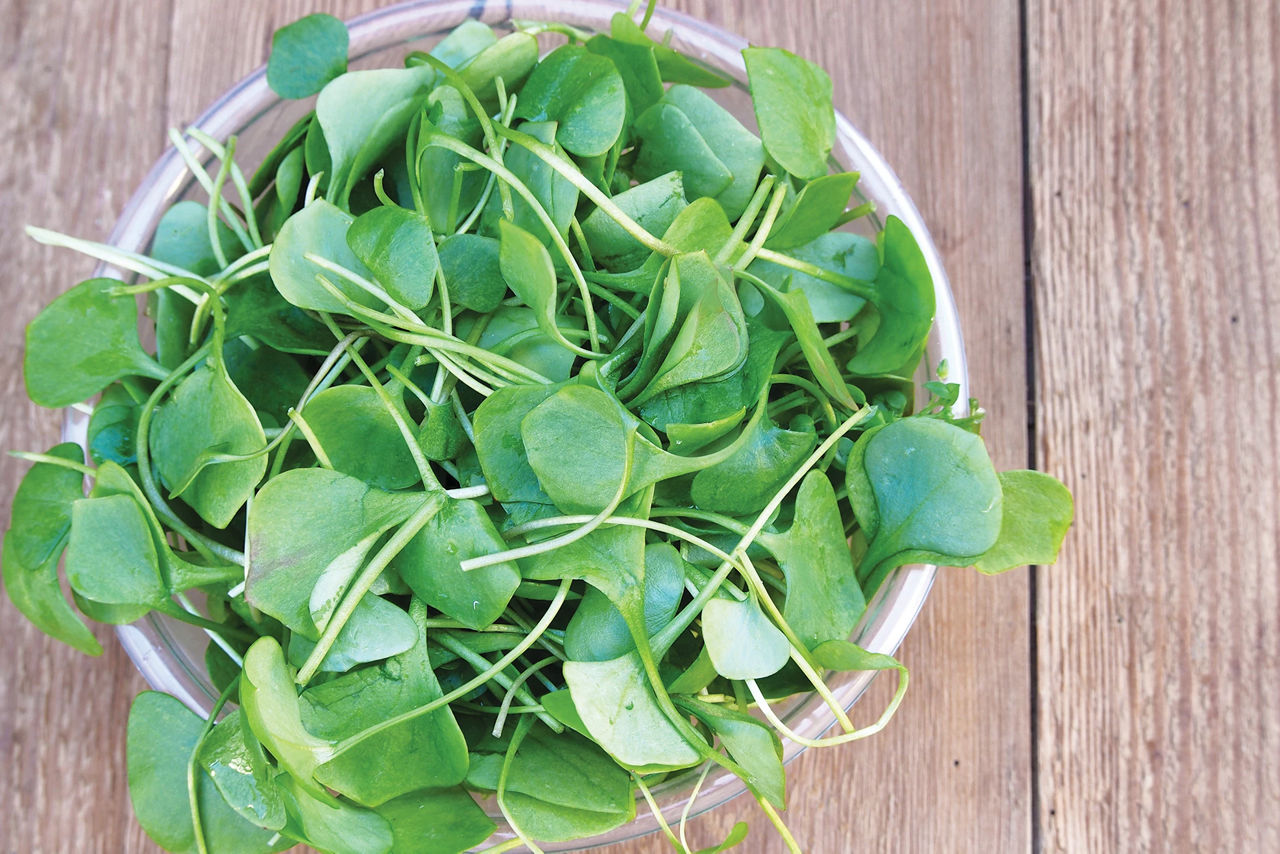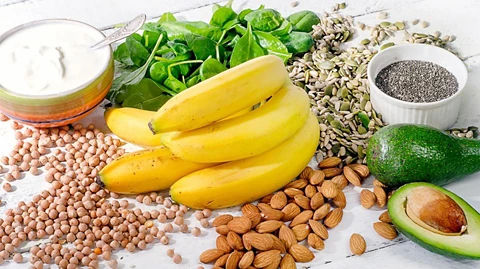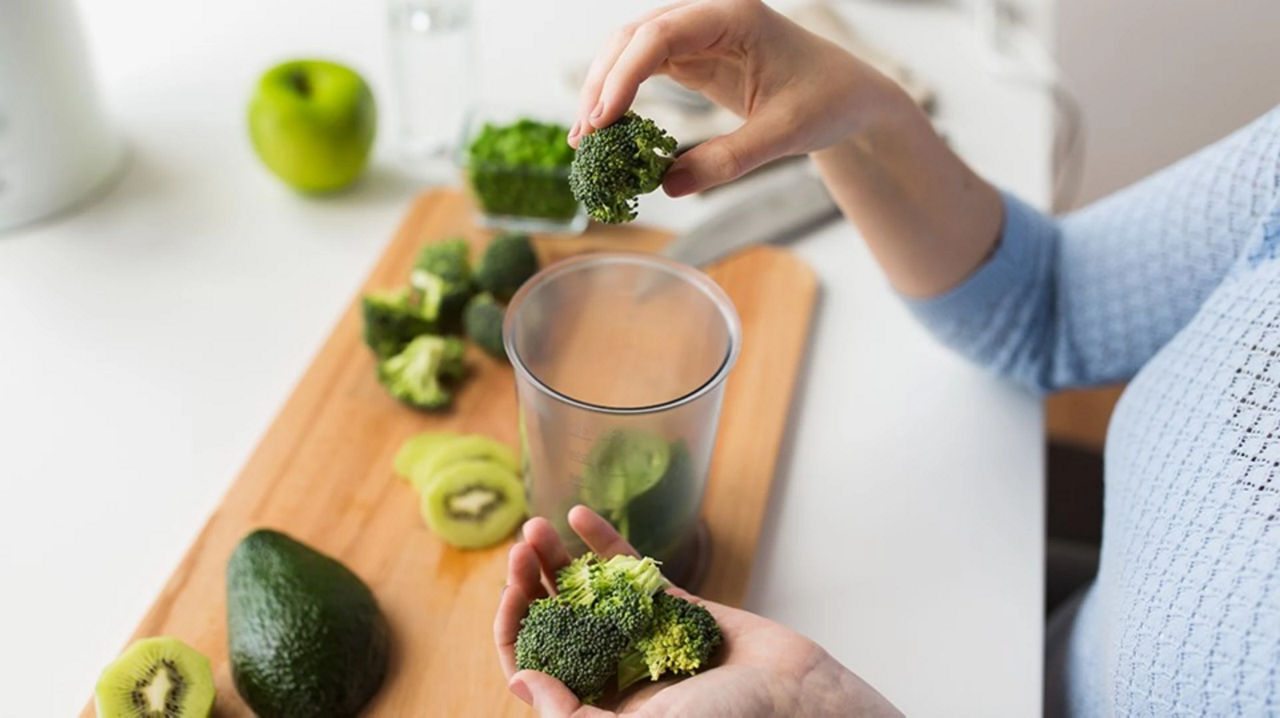Iron is an essential nutrient for toddlers: it plays a crucial role in brain development and overall growth and health. Read more about your toddler’s iron needs, which foods are good iron sources, and how to increase their intake by partnering iron-rich foods with fruit and vegetables.
Toddler iron intake

Brain food
Getting more iron into your toddler's diet
The importance of iron for your toddler
Iron is an important nutrient that is involved in many functions within the body, including brain development. A steady supply of iron is necessary for normal cognitive development, which sets the stage for a lifetime of learning. Iron is also involved in the production of haemoglobin – a protein in blood that carries much-needed oxygen around the body for energy and growth.
During toddlerhood, your child’s brain and body are developing rapidly, which is why toddlers have relatively high iron requirements compared to adults.
The recommended daily amount of iron for toddlers aged 1 to 3 years is 6.9mg.
Toddlers’ high need for iron means they’re more vulnerable to iron deficiency if they don’t consume iron-rich foods regularly. In fact, over 50% of toddlers don’t get enough of this brain-building nutrient1.
If your toddler’s iron levels get too low, it can leave them tired and lacking in energy. In a small number of cases, low iron levels can lead to iron deficiency anaemia.
How to include enough iron in your toddler’s diet
The iron in foods such as fish and red meat is more easily absorbed than iron from plant sources, such as wholemeal bread, lentils, beans, and dark green, leafy vegetables.
To help your toddler get enough iron each day, encourage them to eat two portions of animal-based protein or 3 portions of non-dairy vegetarian proteins.
 The iron in foods such as fish and red meat is more easily absorbed than iron from plant sources
The iron in foods such as fish and red meat is more easily absorbed than iron from plant sources
Vitamin C helps the body to absorb iron and is found in citrus fruits, e.g. oranges, kiwi fruit, and many vegetables, such as peppers, broccoli and spinach. Giving your toddler fruit as a dessert is a good way to increase absorption of iron from their savoury meal.
Good sources of iron
The following foods are good sources of iron to include in your toddler’s daily diet:
Haem-iron (the most easily absorbed):
- Half a chicken breast – (approximately 60g) contains 0.3mg
- Dark chicken meat – 60g contains 0.5mg
- Hard-boiled egg – 1 whole egg contains 1mg
- Thinly sliced roast beef or lamb – 1 slice (28g) contains 0.8mg
- Sardines – 50g portion contains 1.4mg
Non-haem iron:
- Spinach – 1 tablespoon cooked spinach contains 0.3mg of iron
- Broccoli – 1 floret (20g) contains 0.2mg
- Baked beans – 1 tablespoon contains 0.3mg
- Wholemeal bread – 1 medium slice contains 0.6mg
- Lentils – 1 tablespoon contains 0.7mg
- Dried apricots – 1 dried apricot contains 0.3mg
- Fortified breakfast cereals – 1 bowl (30g) contains 2.3mg
- Aptamil Toddler milk 1-2yrs – 300ml contains 3.6mg
Aptamil Toddler milk: An iron-rich daily drink
To help your toddler get the iron they need, we’ve created Aptamil Toddler milk 1-2yrs. Just 300ml will provide your toddler with more than half of their daily requirement, plus vitamins A, C and D. It also contains our unique blend of Galacto- and Fructo-oligosaccharides (GOS/FOS).
Next steps
Increase your toddler’s iron intake with a serving of the following foods:
- Homemade beefburgers
- Lamb bolognese
- Beans on toast
- Mildly spiced dhal and rice
- Broccoli frittata
Related articles

Need some help?
You can get quick answers to common questions in our FAQs.
Alternatively, if you need help with general pregnancy or baby advice, or maybe on using or ordering our products - our expert team are always on hand to talk about feeding your baby.
1. Infant and Toddler Forum. Iron fact sheet for HCP’s [Online]. 2008. Available at: https://www.infantandtoddlerforum.org/media/upload/pdf-downloads/4.4_-_Iron_Deficiency_Anaemia_in_Toddlers.pdf [Accessed July 2014]
2. Infant and Toddler Forum. How to get enough iron in your toddler’s diet [Online]. 2014. Available at: https://www.infantandtoddlerforum.org/media/upload/pdf-downloads/iron-the-facts_1.pdf [Accessed July 2014]
Last reviewed: 27th August 2014




